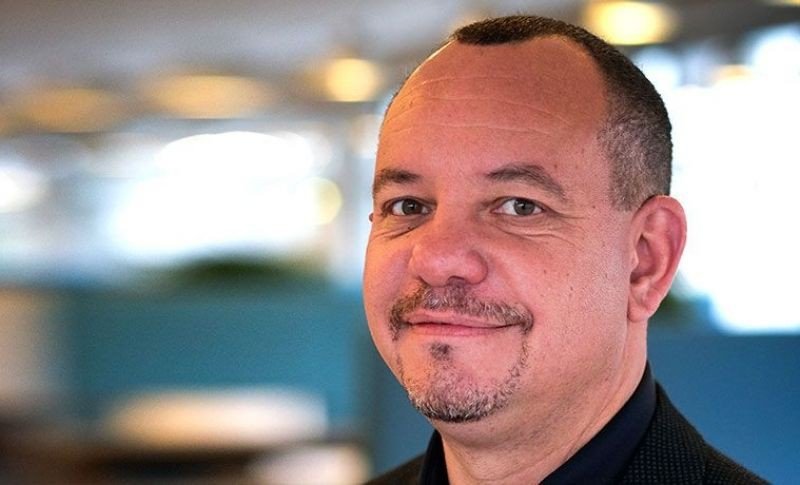Leon de Windt
Professor
Prof. Leon de Windt obtained a Master’s degree in Molecular Biology at Utrecht University in 1994, and a PhD in Cardiovascular Physiology at Maastricht University in 1999. Following a post-doctoral residence at the Howard Hughes Medical Institute of Jeffery Molkentin in Cincinnati OH, USA, he became group leader at the Hubrecht Institute in Utrecht. As of 2010, he was appointed as Professor of Molecular Cardiovascular Biology at Maastricht University and chairs a team including one associate professor, one tenure-track assistant professor and 15 PhD students. Leon is the recipient of several Awards, including a 2008 Fondation Leducq Transatlantic Network of Excellence; the 2012 Outstanding Achievement Award of the ESC Council for Basic Cardiovascular Science and the 2012 Galenus Research Prize. In 2013, he received an ERC Consolidator Grant from the European Research Council (ERC) and became coordinator of Dutch Heart Foundation funded CVON-ARENA consortium to support his work. He received the Veni (2001), Vidi (2007) and Vici (2017) career development awards from the Netherlands Organisation of Scientific Research (NWO). In 2018, he became coordinator of the Dutch Heart Foundation funded DCVA-ARENA-PRIME consortium aimed to tackle inherited heart diseases. Since 2019 he coordinates the Marie Skłodowska Curie Actions Innovative Training Network 'TRAIN-HEART' (www.train-heart.eu).
His research focusess on the function of non-coding RNAs as epigenetic regulators of cardiac gene expression using genetic manipulation in (iPS-derived) cardiomyocytes and mouse models. More recently, his team exploits their academic findings towards rational therapy development for various genetic and acquired forms of heart failure in the Dutch spin-off company Mirabilis Therapeutics BV that he co-founded in 2015. The research is performed in close collaboration with chemists, life scientists, and clinicians, and often executed within public-private partnerships. Many alumni from his group have successfully started their own research laboratories, fulfill executive industrial functions or became clinician-researchers as the future generation of leaders in medicine (see: www.dewindtlab.com).




